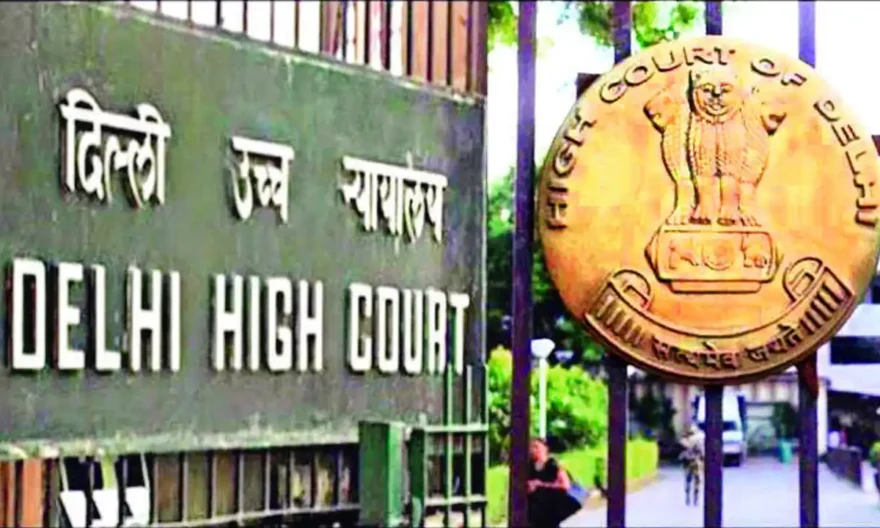
The Delhi Police informed the Delhi High Court on Thursday that a total of 6630 closed-circuit television cameras have been successfully installed in susceptible zones across the national capital, constituting part of measures to enhance the safety of women.
These CCTV cameras are being closely monitored within 5 master control rooms, as disclosed by the city police to a bench comprising Chief Justice Satish Chandra Sharma and Justice Sanjeev Narula.
The court has granted an extension to the city police to examine the proposition of incorporating panic buttons on the poles where these cameras are mounted, aiming to aid women in distress.
This legal proceeding came up from a PIL initiated by the court itself in 2012, addressing the crucial issue of safeguarding women’s safety and security. The initiative was prompted by the heinous gang-rape incident of a 23-year-old woman in a moving bus on December 16, 2012, which resulted in her subsequent demise due to her injuries.
Advocate Meera Bhatia, appointed as amicus curiae, or a friend of the court, to provide expert assistance, suggested the strategic placement of panic buttons on the poles housing CCTV cameras. This measure would empower women in distress to swiftly alert personnel stationed in the master control rooms.
The Additional Standing Counsel, Anuj Aggarwal, representing the Delhi Police, affirmed the intention of considering this proposal and sought the court’s indulgence in granting time for evaluation. The bench extended a period of 4 weeks to the city police and scheduled the case for further hearing on October 6.
Previously, the high court directed the police to promptly implement “immediate and urgent measures” to install CCTV cameras in susceptible localities of Delhi. This directive was deemed instrumental in curbing criminal activities and enhancing the security of women.
Over time, the court has consistently issued directives to augment the police force’s strength in the city, establish CCTV cameras within police stations and high-risk or crime-prone zones, expedite the processing of samples in forensic science laboratories, and facilitate the expeditious disbursement of compensation to victims of sexual assaults.




